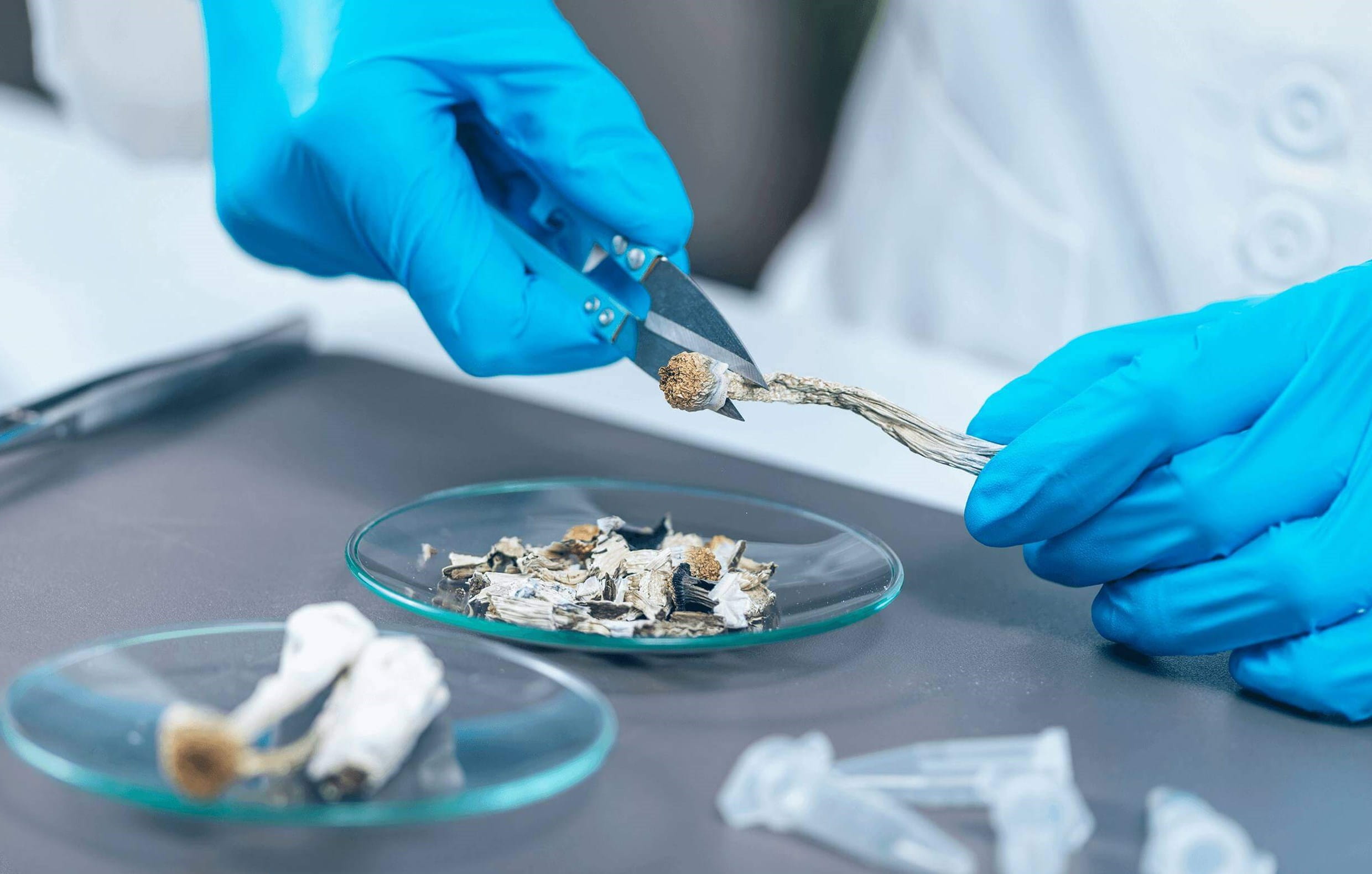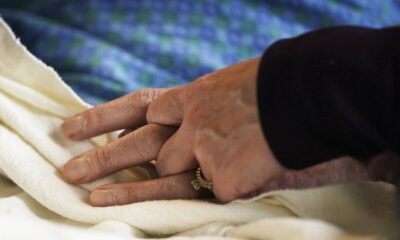Health
Kingston Hospital Launches Groundbreaking Psilocybin Microdosing Trials

Kingston Health Sciences Centre (KHSC) has received approval from Health Canada to commence the first clinical trials in the country focused on microdosing psilocybin, the psychedelic compound found in magic mushrooms. This initiative marks a significant step in medical research, as it aims to investigate the effects of daily, at-home microdoses on individuals suffering from Generalized Anxiety Disorder (GAD).
The study will specifically assess the impact of microdoses ranging from 2 to 3 milligrams on anxiety levels. Unlike previous research that primarily examined larger doses of psilocybin, this trial will explore the potential therapeutic benefits of microdosing. Dr. Claudio Soares, the lead investigator, emphasizes that patients will take these microdoses similarly to antidepressants, with the hope of providing alternatives for those who have not responded well to existing treatments.
“You have between 40 to 60% of patients responding to antidepressants,” Dr. Soares explained. “Not everybody can respond and not everybody can tolerate the side effects.” He points out that while psychotherapy can be effective, access is limited for many, and it does not work for everyone. The research aims to expand treatment options for anxiety, especially for those who feel they have exhausted their choices.
Initial data on psychedelics suggests rapid effectiveness with minimal side effects. Dr. Soares noted that early participants in the study have experienced promising results within the first week of treatment, a much quicker response compared to traditional antidepressants. “With very little, if any, side effects,” he added. If these findings hold true on a larger scale, microdosing could represent a well-tolerated and efficient treatment option.
The trial process involves patients taking their initial microdose at KHSC, where they will be monitored for two hours. Following this, they will take home a week’s supply of doses, reporting weekly for four weeks. At the conclusion of this period, some participants will switch to a placebo while others will continue with the psilocybin.
Researchers are currently recruiting adults aged 18 to 60 who have been diagnosed with GAD but are otherwise healthy. Dr. Soares noted a challenge in finding suitable participants, particularly those without prior exposure to psychedelics. As stigma surrounding these substances begins to lessen, it has become more difficult to recruit individuals willing to try psilocybin without any previous experience.
“You have people that might have that stigma or reluctance to try psilocybin,” Dr. Soares said. “But the fact that it’s a microdosing and doesn’t have the trip or the high, for a lot of those folks, is a plus.” He acknowledges that the increased acceptance of psychedelics complicates recruitment, as seen with the legalization of cannabis, which has hindered medical research on that substance.
Individuals interested in participating in the trial can reach out to the research team via email at [email protected]. This groundbreaking research at KHSC could pave the way for new treatment methodologies, addressing the needs of those who struggle with anxiety and have not found success with traditional therapies.
-

 Politics4 weeks ago
Politics4 weeks agoSecwepemc First Nation Seeks Aboriginal Title Over Kamloops Area
-

 World5 months ago
World5 months agoScientists Unearth Ancient Antarctic Ice to Unlock Climate Secrets
-

 Entertainment5 months ago
Entertainment5 months agoTrump and McCormick to Announce $70 Billion Energy Investments
-

 Science5 months ago
Science5 months agoFour Astronauts Return to Earth After International Space Station Mission
-

 Lifestyle5 months ago
Lifestyle5 months agoTransLink Launches Food Truck Program to Boost Revenue in Vancouver
-

 Technology3 months ago
Technology3 months agoApple Notes Enhances Functionality with Markdown Support in macOS 26
-

 Lifestyle3 months ago
Lifestyle3 months agoManitoba’s Burger Champion Shines Again Amid Dining Innovations
-

 Top Stories2 months ago
Top Stories2 months agoUrgent Update: Fatal Crash on Highway 99 Claims Life of Pitt Meadows Man
-

 Politics4 months ago
Politics4 months agoUkrainian Tennis Star Elina Svitolina Faces Death Threats Online
-

 Sports5 months ago
Sports5 months agoSearch Underway for Missing Hunter Amid Hokkaido Bear Emergency
-

 Politics5 months ago
Politics5 months agoCarney Engages First Nations Leaders at Development Law Summit
-

 Technology5 months ago
Technology5 months agoFrosthaven Launches Early Access on July 31, 2025





















